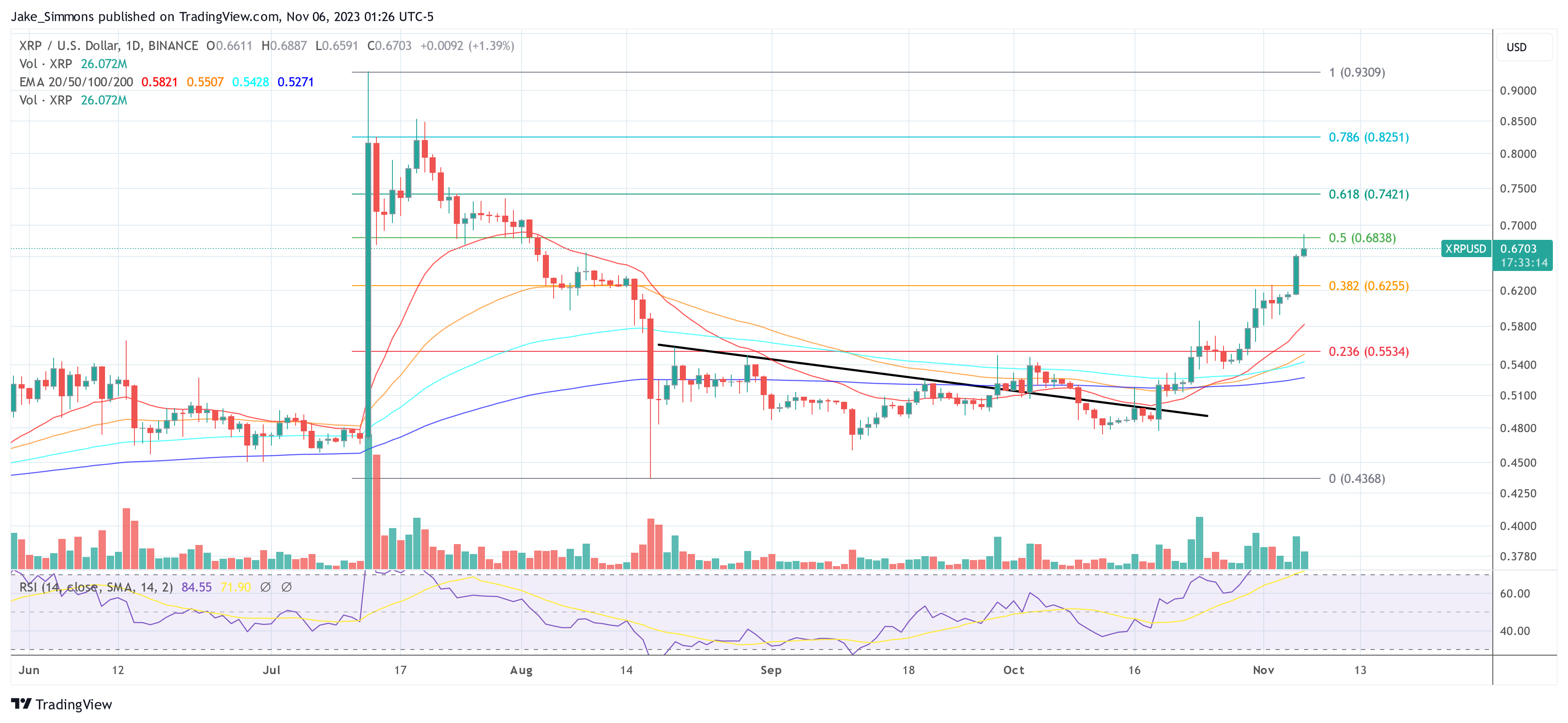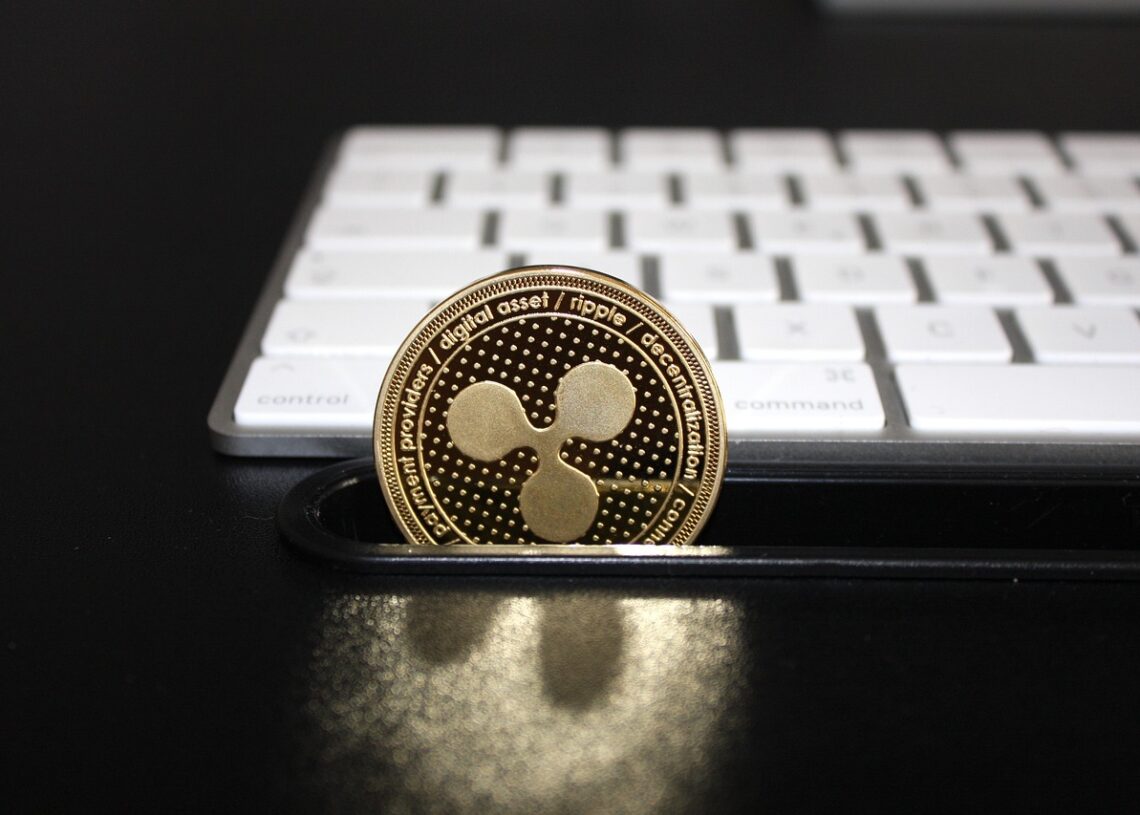Jeremy Hogan, a prominent attorney in the XRP community, recently engaged in an exchange on X (formerly Twitter) about the ongoing SEC vs. Ripple case, offering insights into the potential financial repercussions for the fintech company. This discussion came in response to fellow pro-XRP attorney John E. Deaton’s comment: “The people who’ve argued that the SEC got a 50-50 victory in the Ripple case are 100% wrong. It was more like 90-10 in Ripple’s favor. If Ripple ends up paying $20M or less it’s a 99.9% legal victory.”
Employing his characteristic humor, Hogan likened his legal musings to resolving a marital disagreement, saying, “I was in a small argument with my wife last night, which means, I am thinking about ‘damages’ this morning.” He then shifted to discuss the legal aspects surrounding Ripple, noting, “The law allows the SEC to seek ‘disgorgement,’ penalties, and interest.” He clarified that disgorgement involves removing profits from rule violators like Ripple, and the court identified about $770 million in inappropriate XRP sales to institutional investors.
Here’s How Ripple Can Slash The SEC Fine
Hogan delved into several key arguments that could play in Ripple’s favor. Referring to the SEC v. Liu case, he pointed out, “Disgorgement is an equitable remedy which means that it should be ‘fair.’ And fair in this context means that it should be the violators NET profits, not GROSS.” This implies Ripple might reduce its liabilities significantly by deducting business expenses from the total sales.
He expanded on the definition of “victims” within the context of disgorgement, asserting, “As was recently upheld in the 2nd DCA, the amount of disgorgement must be ‘awarded for victims.’ ‘Victims’ means individuals/entities who lost money on an investment.” Hogan noted the peculiarity of the situation where XRP’s value rose during the litigation, which he suggested might imply that XRP is not a security.
Another key point Hogan discussed was the jurisdictional reach of the SEC, where he pointed out, “the SEC has to prove some nexus between the purchaser of XRP and the United States.” Therefore, sales to foreign entities without US connections could potentially be exempt from the SEC’s claims. “In other words, if Ripple sold XRP to a German investment company with no ties to the U.S., the SEC has no jurisdiction over that sale. The “nexus” question will be interesting,” Hogan remarked.
Addressing the SEC’s perspective, Hogan conveyed, “The SEC will rely on case law which says that it doesn’t have to prove the disgorgement damages with specificity. The SEC can provide the Court a ballpark estimate and then the burden shifts to the Defendant to show otherwise.”
He also noted that the SEC might challenge the inclusion of certain expenses in Ripple’s profit calculations, particularly those related to legal violations. “These are the issues that the parties will be litigating in 2024,” Hogan argued.
Concluding his analysis, he estimated a significantly lower penalty for Ripple, stating, “In conclusion, $770 million is NOT going to be $770 million, but something much less.” Addressing a community member’s query about the expected settlement figure, Hogan speculated, “There’s a lot of litigation and info still to come out but if some of the numbers I’ve heard about are proven true – under $100 million.”
At press time, XRP traded at $0.6703.







